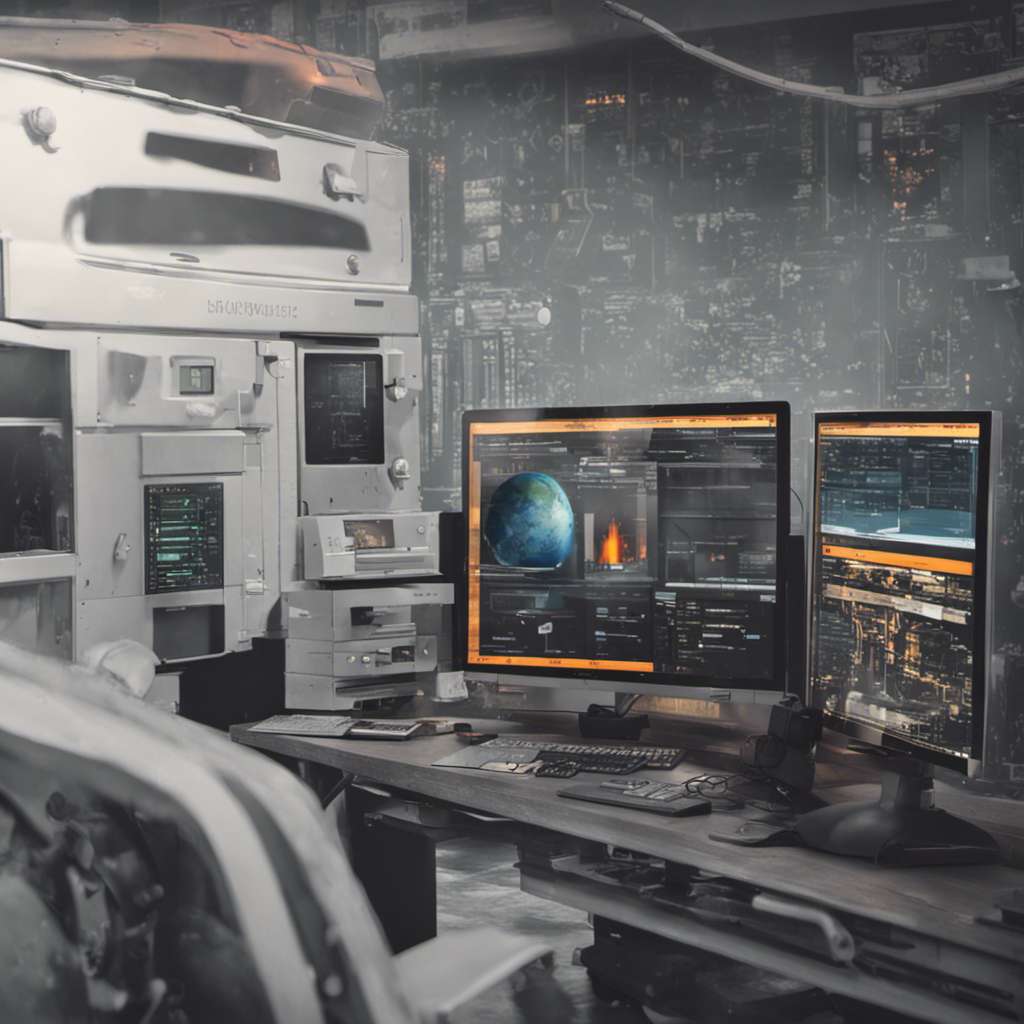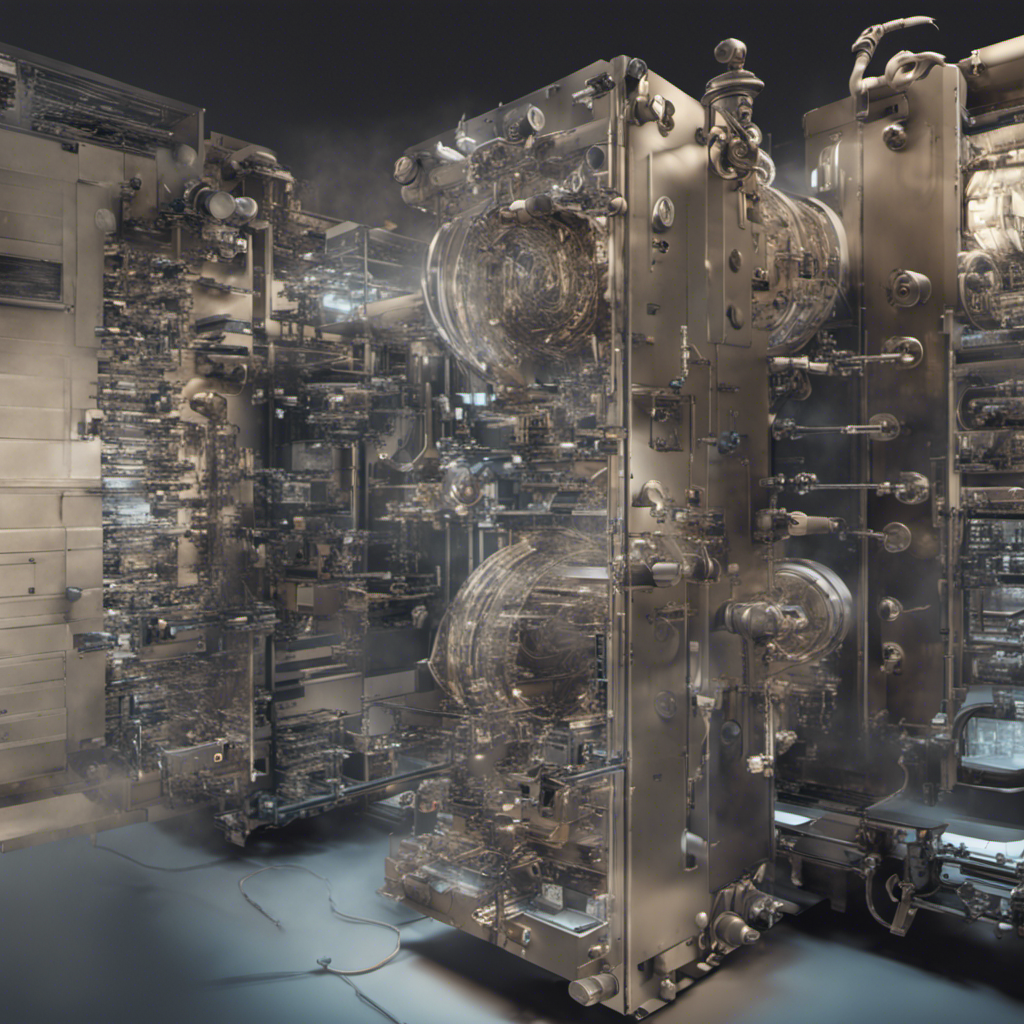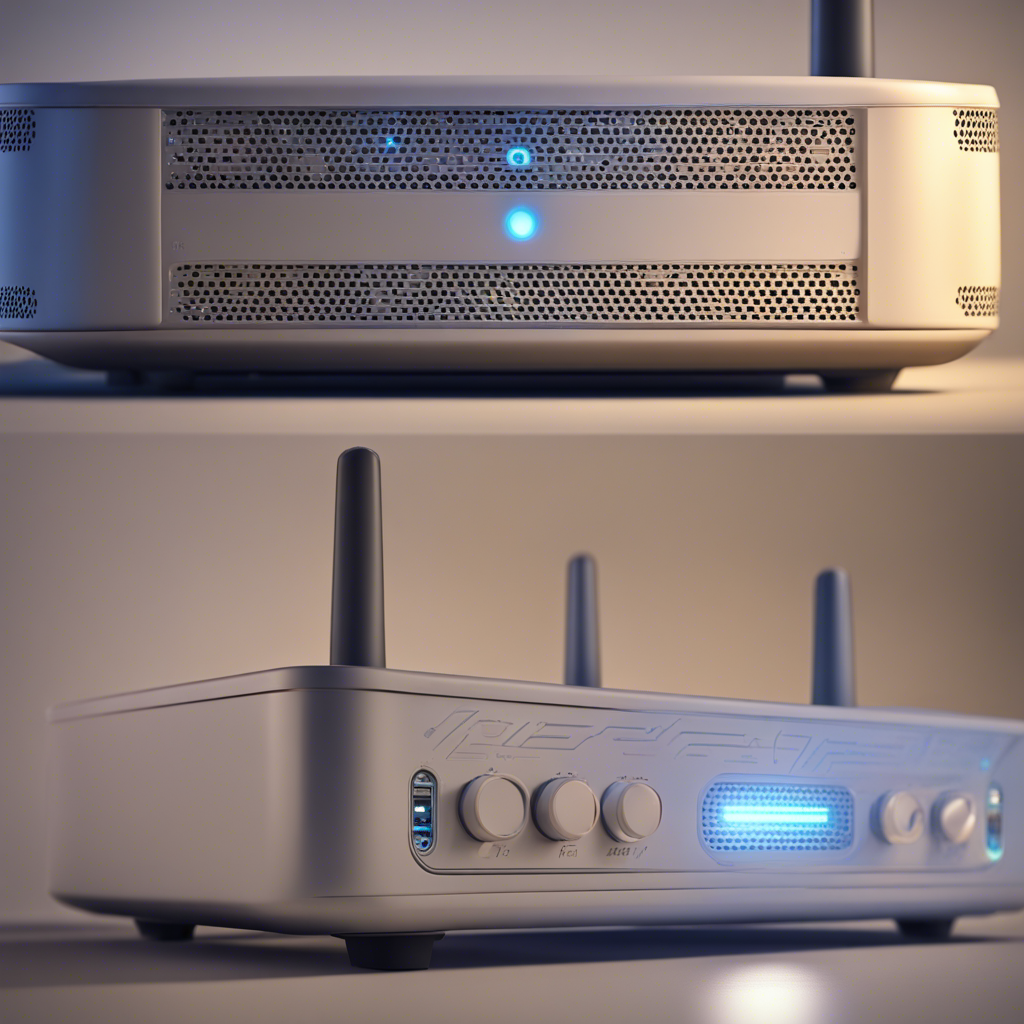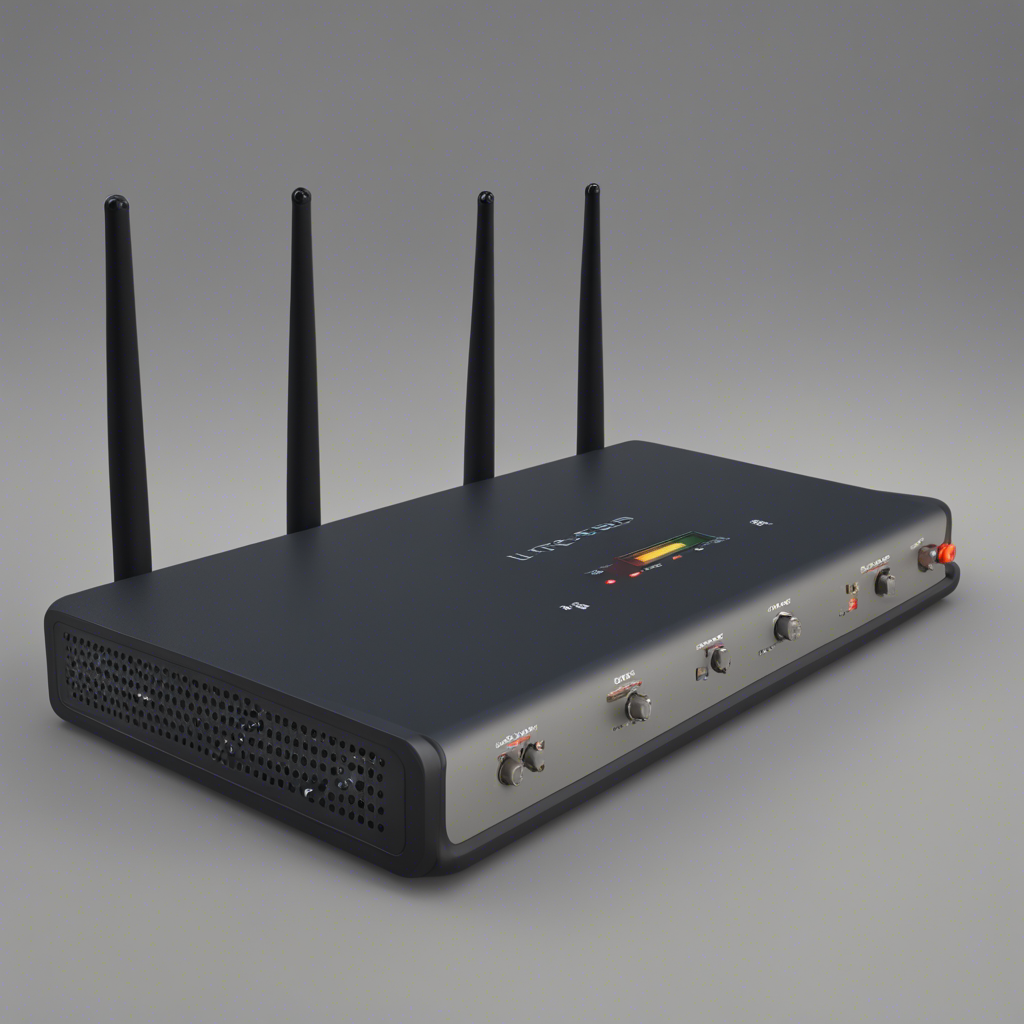
Computer Maintenance Tips to Keep Your Computer Running Smoothly
As technology plays an increasingly vital role in our lives, it’s important to ensure that our computers run smoothly to avoid frustrating slowdowns and potential security risks. In this comprehensive guide, we will discuss a range of computer maintenance tips that can help you keep your system in optimal condition. By following these tips and incorporating them into your regular routine, you can extend the lifespan of your computer and enjoy a more seamless user experience.
1. Keep Your Operating System and Software Updated
Regularly updating your operating system (OS) and software is crucial for maintaining the security and functionality of your computer. Manufacturers regularly release updates that address vulnerabilities and bugs, while also improving performance. Set up automatic updates for your OS and frequently used software to ensure you’re always running the latest versions.
2. Install an Antivirus Program
One of the most fundamental computer maintenance practices is installing an effective antivirus program. This software helps protect your system from malware, viruses, and other online threats. Look for reputable antivirus software with regular security updates and real-time scanning capabilities.
3. Clean Up Your Hard Drive
Over time, your hard drive can become cluttered with unnecessary files, which can impact your computer’s performance. Clean up your hard drive by removing temporary files, deleting unused programs, and emptying the recycle bin. Regularly organizing and decluttering your hard drive will free up valuable space and enhance system performance.
4. Run Disk Cleanup and Disk Defragmenter
Disk Cleanup and Disk Defragmenter are built-in tools in the Windows operating system that help optimize your hard drive. Disk Cleanup identifies and removes unnecessary files, while Disk Defragmenter reorganizes fragmented data on your hard drive, resulting in faster file access. Run these tools regularly to keep your computer running smoothly.
5. Manage Startup Programs
When you start your computer, numerous programs may automatically launch and run in the background, slowing down your system’s startup time. By managing startup programs, you can optimize your computer’s boot time and overall performance. Disable unnecessary startup programs through the Task Manager or System Configuration tool.
6. Regularly Clear Browser Cache and Cookies
Web browsers store temporary files, cookies, and browsing history to enhance your browsing experience. Over time, however, these files can accumulate and cause your browser to become sluggish. Regularly clear your browser cache and cookies to free up disk space and improve browser speed.
7. Perform Regular Malware Scans
Even with antivirus software installed, it’s important to perform regular malware scans to ensure your computer is free from any malicious software. Schedule automatic scans or perform manual scans periodically to detect and remove any potential threats.
8. Keep Hardware Clean and Dust-Free
Accumulated dust can cause fans and vents to become clogged, leading to overheating and decreased performance. Regularly clean your computer’s hardware by using compressed air to blow away dust from vents, fans, and other components. Ensure your computer is powered off and unplugged before cleaning to avoid any damage.
9. Update Drivers
Outdated or incompatible drivers can hinder your computer’s performance or lead to system crashes. Ensure that your hardware drivers, such as graphics and sound cards, are up to date. Visit the manufacturer’s website or use driver update software to easily update your drivers.
10. Create Regular Backups
Creating regular backups is essential for safeguarding your important files and data. Backing up your files externally or using cloud storage services ensures that you can recover your data in the event of a hardware failure or data loss due to malware or other unforeseen circumstances.
Conclusion
By implementing these computer maintenance tips into your routine, you can ensure that your computer runs smoothly, remains secure, and delivers optimal performance. Regularly updating your software, performing system cleanups, managing startup programs, and keeping hardware clean are just some of the key practices to adopt. Remember to be diligent in practicing good computer maintenance habits to prolong the lifespan of your computer and enjoy a seamless user experience.
Note: The information provided in this blog post is for general informational purposes only and should not be considered as professional advice. Always consult with a professional or the manufacturer for specific instructions or guidance.






